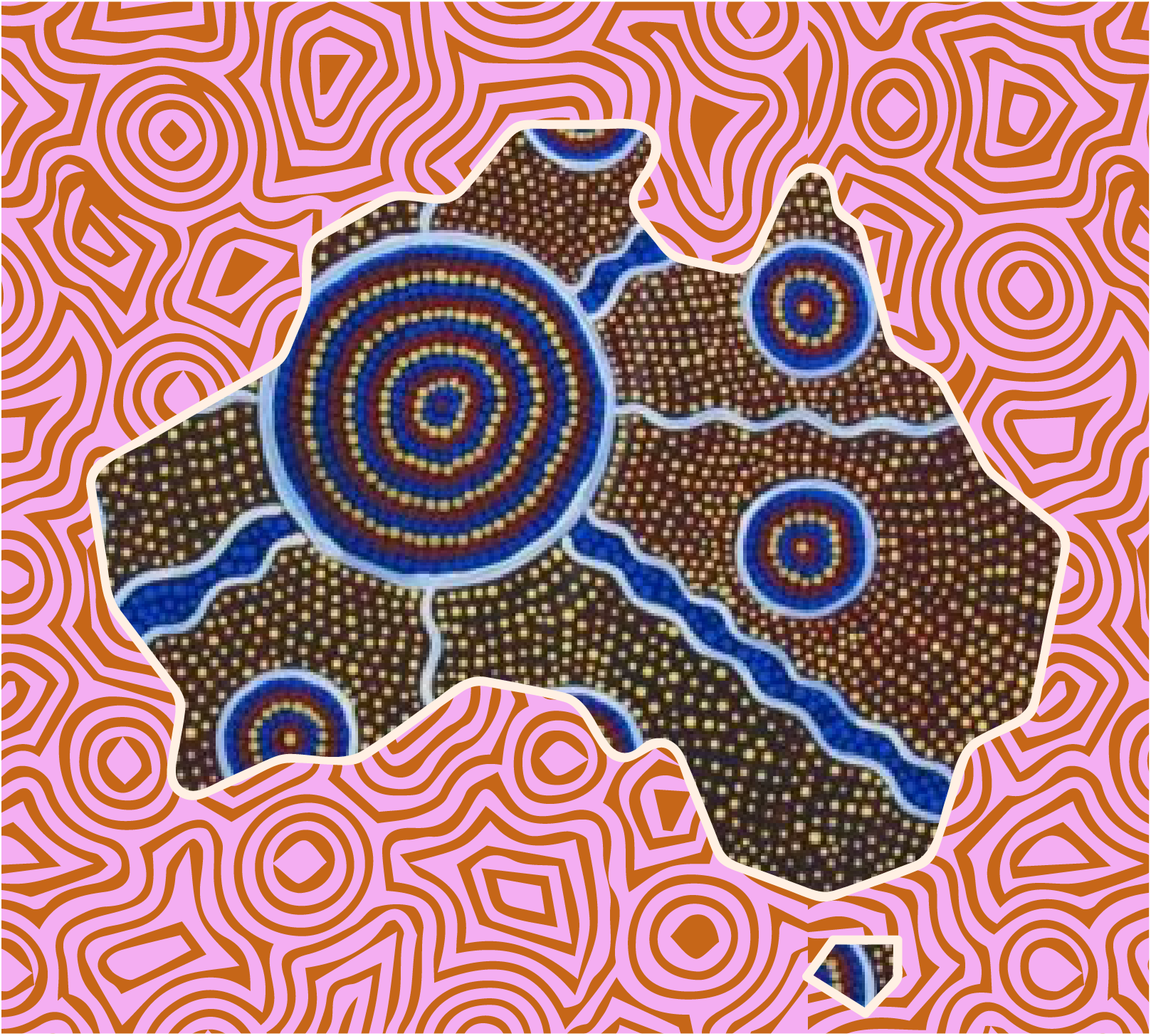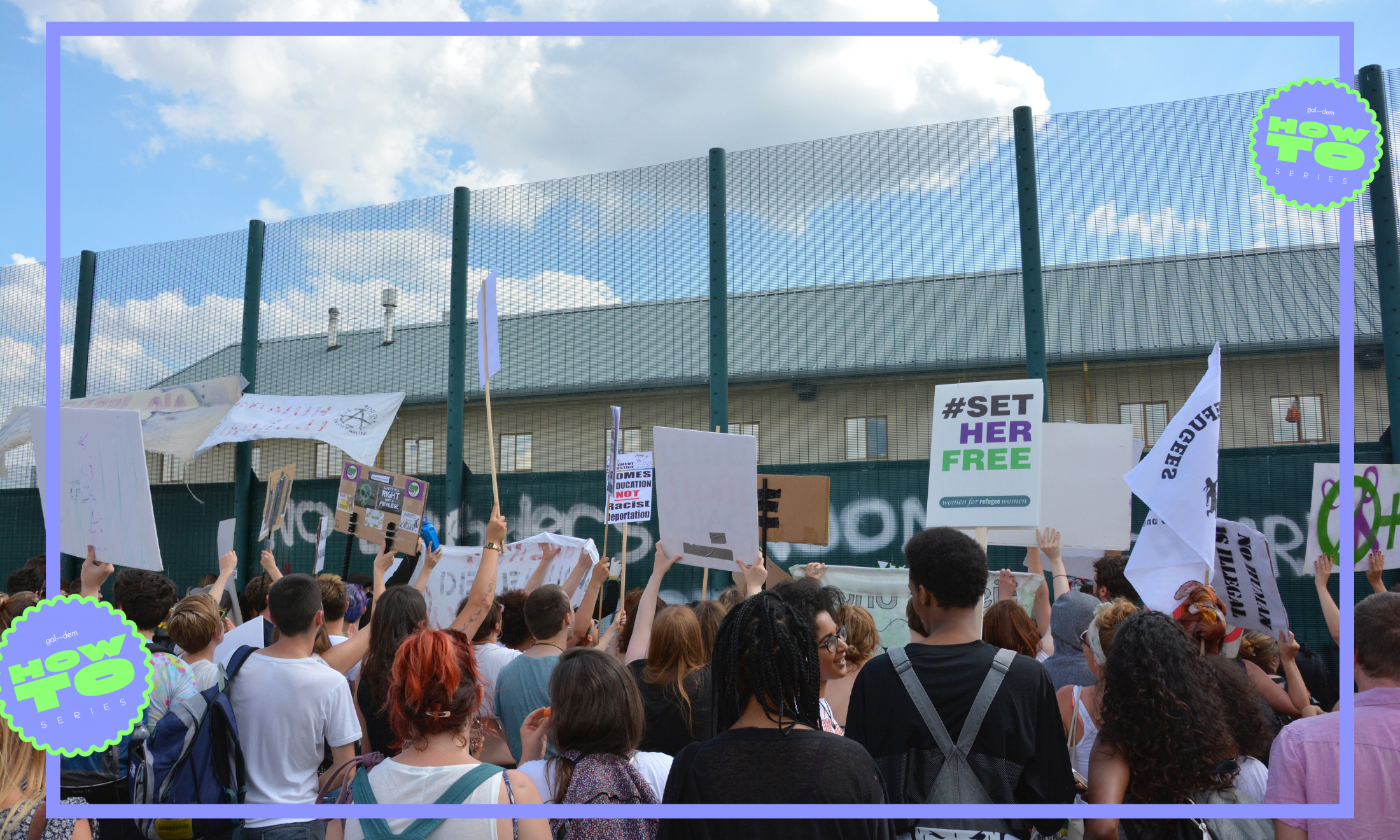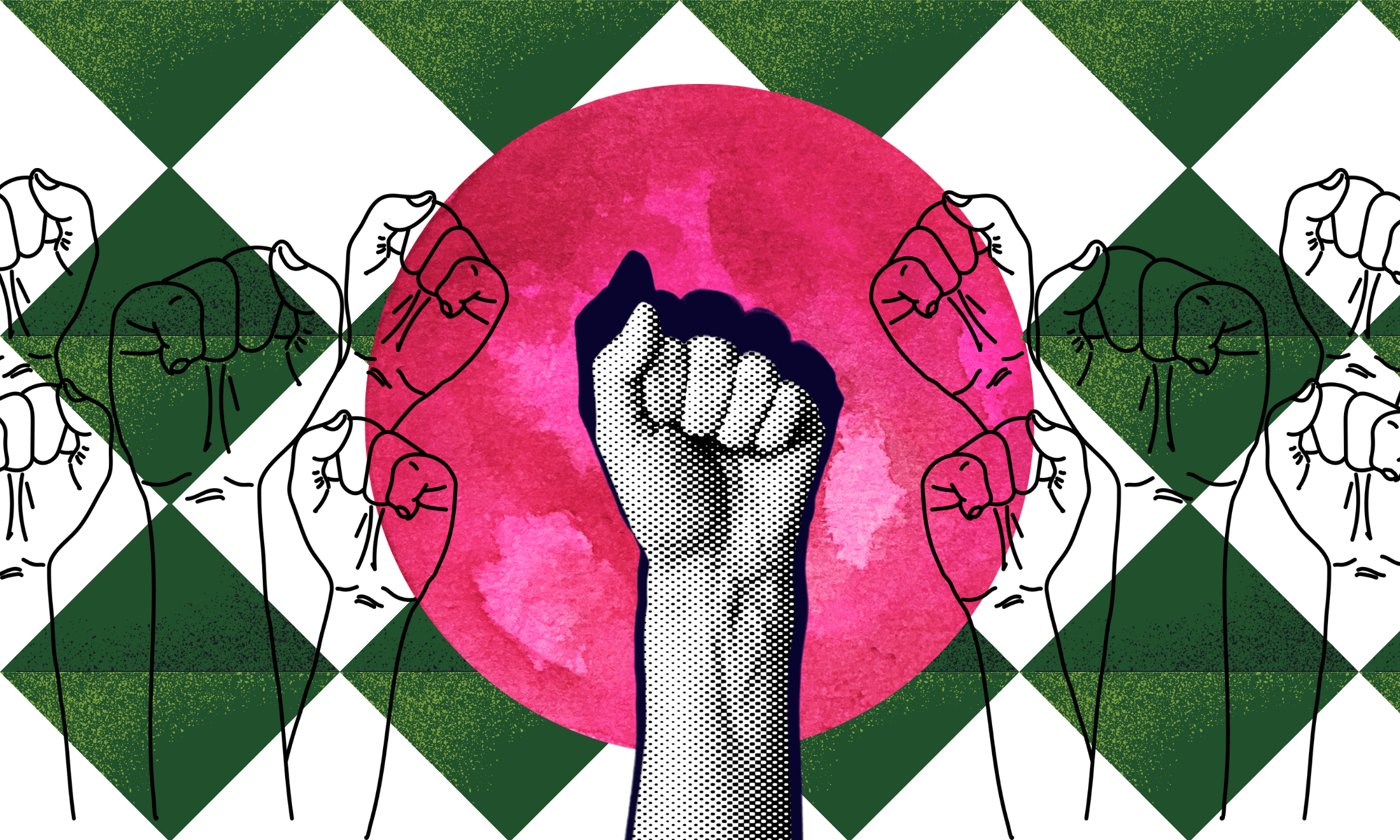
Immigration has long been a contested issue in Australia. In the 17th and 18th century, Australia’s colonisers were British convicts, and migrants. When Australia was federated in 1901, the White Australia Policy was put into place, which barred people of non-European descent from migrating to the country and remained until the late 1970s.
In 1976, Australia started receiving and settling refugees fleeing from the Vietnam War. The refugees were labelled “boat people”, courtesy of their arrival in Australia by boat. The tide turned in the early 1980s however, when people who arrived in the country via sea travel began being detained on the mainland and processed through the court system.
And now, those seeking asylum in Australia are subjected to an even crueller fate. Australia now punishes people who come to the country by boat by detaining them in offshore detention centres on Nauru and Manus Island, thousands of kilometres away from the mainland. Furthermore, current policy dictates that asylum seekers who arrive in Australia by boat are prohibited from settling in the country. In 2001 this was termed the “Pacific Solution”, and was swiftly condemned by many human rights groups. The detention centres were shut down in 2008, but reopened four years later, and remain open to this day.
These centres have been repeatedly criticised by a wide range of organisations, including the UNHCR, and the Human Rights Watch. Amnesty International released a report in 2016, stating that “the Australian Government is choosing to subject women, men, and children to an elaborate and cruel system of abuse with a policy that is intentionally designed to harm people”. Many refugees have attempted to commit suicide, and violence has resulted in the deaths of 12 asylum seekers. Pregnant women and people suffering from serious medical conditions are routinely denied essential health care, and women and children report sexual abuse. The average period of detention at these centres is 450 days, though many have stayed for much longer. People in the centres have protested these conditions by rioting and conducting hunger strikes, and some have sought asylum in other countries in order to escape from detention.
It doesn’t seem like change will come any time soon. The current immigration minister, Peter Dutton, has not wavered from his hard-line stance, repeatedly stating that the Australian government “(is) not going to accept people who have sought to come to our country illegally by boat, they will not settle permanently in our country”. The Australian government has also refused to accept deals offered by nearby countries such as New Zealand, which has been willing to resettle some refugees. Australia’s policy-makers are explicit in their intention that the Pacific Policy should actively deter people from seeking asylum by boat.
In April 2016, the Papua New Guinean (PNG) Supreme Court ruled that the detention of asylum seekers on Manus Island is illegal and unconstitutional, ordering the closure of these detention centres. The PNG prime minister, Peter O’Neill, responded in kind, issuing a statement, “respecting this ruling … [and asking] the Australian government to make alternative arrangements for the asylum seekers currently held at the regional processing centre”. But nearly 12 months later, nothing has changed. Not a single person from the detention centres has been resettled, and a deal struck with the United States to take 1,250 refugees is still up in the air, at the mercy of Donald Trump.
We should be more worried, more outraged. But many Australians seem ambivalent to the plight of others, especially to those they cannot see. This ignorance can only go so far. More than a million people have claimed asylum in Europe since 2015, and this number will only increase as the conflicts in Syria and Afghanistan continue – conflicts that the Australian military have been involved in. The anti-immigrant sentiment which has simmered for decades in Australia has boiled over in Europe, driving phenomena like Brexit, and the rise of populist right wing movements in other countries of the European Union.
Donald Trump recently praised Australia’s immigration policies, stating, “Nations around the world, like Canada, Australia and many others — have a merit-based immigration system. It is a basic principle that those seeking to enter a country ought to be able to support themselves financially.” Prominent Conservative Brexit campaigners also expressed a desire for the UK to replicate Australia’s “points-based” system. These sentiments belie natural human decency. We should want to support our fellow humans, not because of an economic benefit, but because of the belief that we should treat others the way we want to be treated.
The Pacific Solution is a glimpse into a possible future of ever more militarised and securitised immigration systems for other countries. Considering the atrocities that have been committed on Manus and Nauru against people who are simply seeking a better life for themselves and their families, I shudder to consider such results on a global scale. We should be very concerned that governments pursuing similar anti-immigrant agendas, particularly in Europe, are looking to Australia for inspiration.
This piece is part of gal-dem‘s #ShutThemDown series, exploring the UK’s immigration detention estate which indefinitely incarcerates over 30,000 people a year. A disproportionate percentage of the UK’s detention population are working class people of colour, and asylum seekers.

Britain’s policing was built on racism. Abolition is unavoidable

How Pakistan’s Khwaja Sira and transgender communities are fearing and fighting for their futures

Their anti-rape performance went viral globally. Now what?






